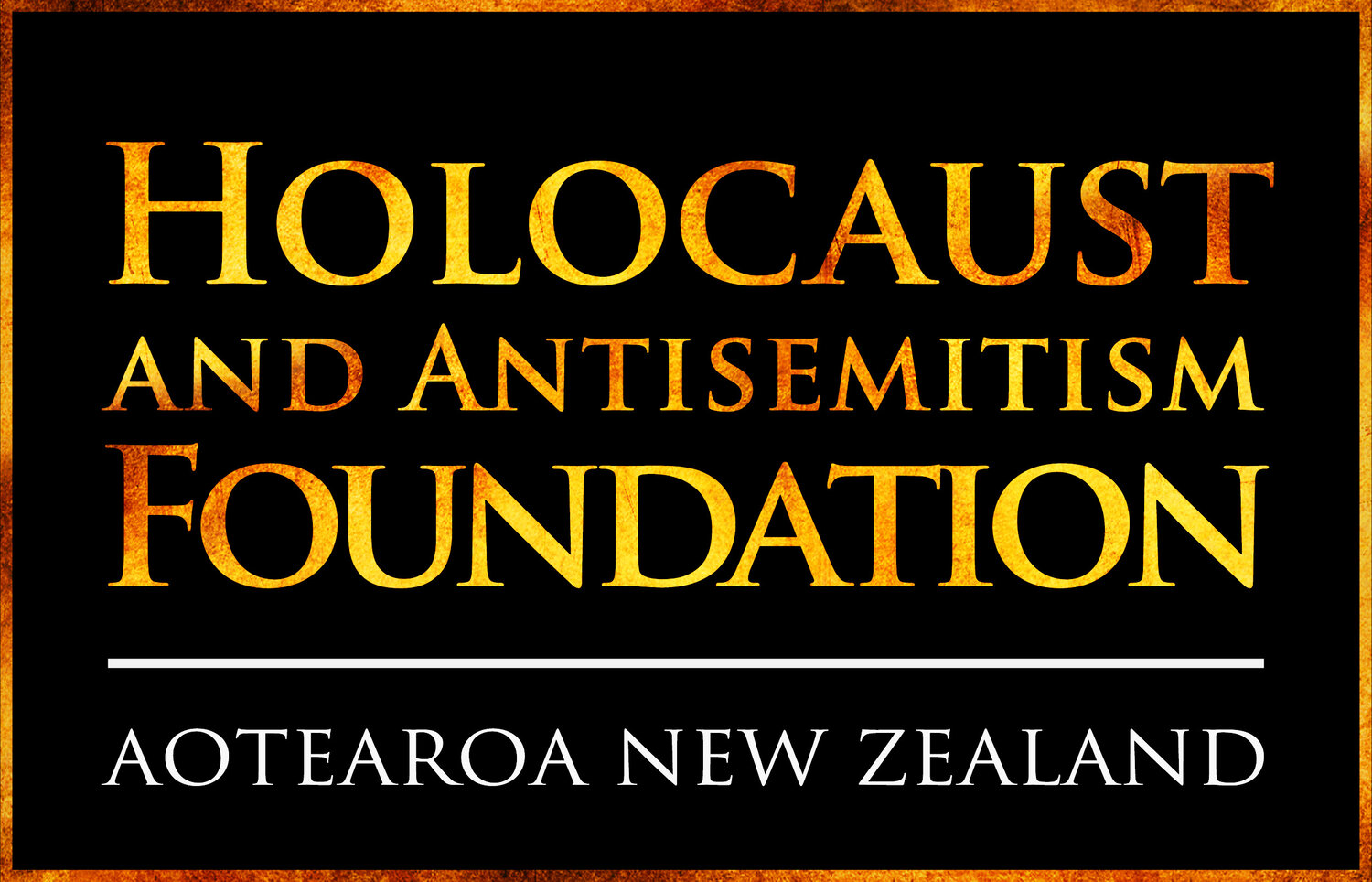Wannsee and the Education Myth
On a Winter’s day in the early 1940’s, fifteen men gathered in a grand estate in one of Germany’s most cultured cities. Among them were some of the best educated leaders of Europe’s most advanced society. Indeed, more than half of the men present held doctorates earned at the finest European universities.
The date was 20 January 1942 and the meeting was what became known as the Wannsee Conference. Nazi leaders had gathered to plan the execution of The Final Solution. A strategy was established by which the eleven million Jews considered to be within reach of the Nazi regime could be efficiently eliminated. The best of German technology would be applied to a task considered essential to the advancement of society. Such goals were consistent with the prevailing ideology and would enjoy support from many within the educational institutions, the church and society more broadly.
As we mark the 80th anniversary of the Wannsee Conference we must confront the oft-heard mantra and myth: the answer to antisemitism is education. Certainly in the case of Nazi Germany, education did nothing to prevent the rise of a genocidal regime and the subsequent murder of six million Jews. Indeed, it seems clear that many of the philosophical assumptions underlying the education of the time only propelled Jew hatred.
But what of the present day?
Recent surveys both here in New Zealand and overseas have revealed alarming trends. Of particular concern to our present topic is the finding that antisemitism, specifically anti-Zionism, is somewhat disproportionately present amongst academics and at institutions of learning.[1] (Elsewhere we have made the observation that anti-Zionism is the weapon of choice for Western antisemites.[2] It may also be the form of Jew hatred most likely to go unchallenged.)
The statement “the answer to antisemitism is education”, is, in its unqualified form, quite unhelpful. It ignores the reality that all educational endeavours proceed on the basis of certain worldview[3] assumptions - and those assumptions are seldom declared.
Let me be clear: our Holocaust and Antisemitism Foundation is an educational trust. We do indeed believe that Holocaust education can be exceedingly valuable, and we strive to produce outstanding resources in the form of exhibitions, events, websites and an App. But my point is this: none of us proceed from a position of neutrality - the notion of unbiased education is a fantasy. Whether our worldview is declared or undeclared it guides us today just as it guided the well-educated Wannsee fifteen who planned the industrialized murder of Europe’s Jews.
Those of us committed to keeping Holocaust memory alive have choices.
Will we take the politically lubricated path that sanitizes and universalizes the Holocaust, presenting it as merely one among many forms of racism and unkindness, diminishing it by harnessing its power in service of other causes? Or will we take the more difficult road and insist on antisemitism’s uniqueness and particularity, daring to declare that the Holocaust, taken in its broader historical context, did not - and I would argue - could not have happened to any but the Jews?[4]
It is our underlying worldview that will answer that question. And it will determine the nature of our educational and memorial efforts, and whether they will be fit for purpose and a truly faithful witness.
Footnotes:
1 https://www.algemeiner.com/2021/08/19/cuny-and-the-warfare-of-academic-antisemitism/
https://www.thecollegefix.com/study-uncovers-antisemitic-behavior-among-university-diversity-equity-and-inclusion-staff/
2 See A Brief Survey of Antisemitism available on our App:
get.theapp.co/fd5x
3 Worldview:
1. The overall perspective from which one sees and interprets the world.
2. A collection of beliefs about life and the universe held by an individual or a group. In both senses also called Weltanschauung.
https://www.thefreedictionary.com/worldview
4 Roma, homosexuals, and others perished in the Holocaust but it was the Jews who were intensively targeted for elimination. The number of non-Jews to have died in the Holocaust is usually stated to be five million. However, according to Yehuda Bauer the correct number is one tenth of that figure, at most.

